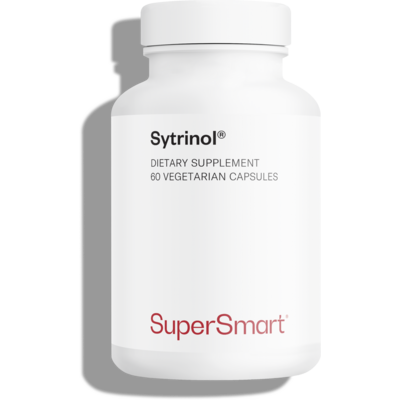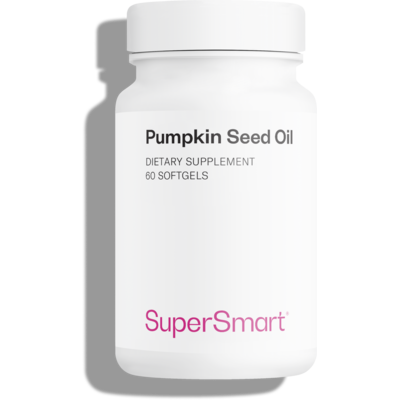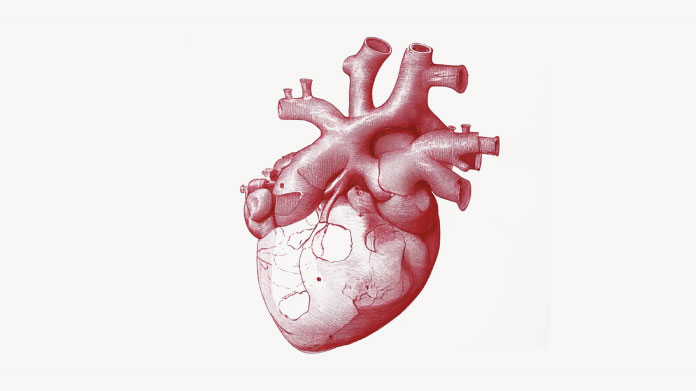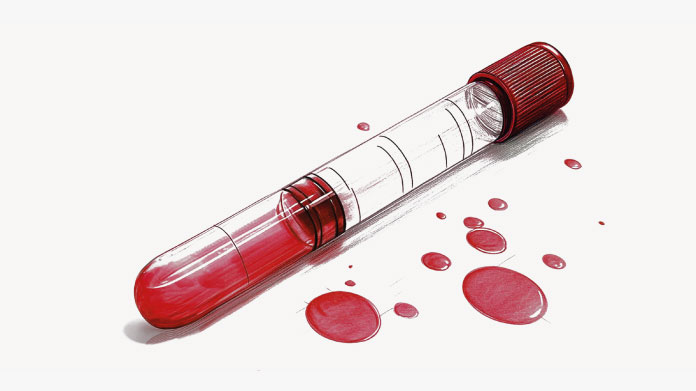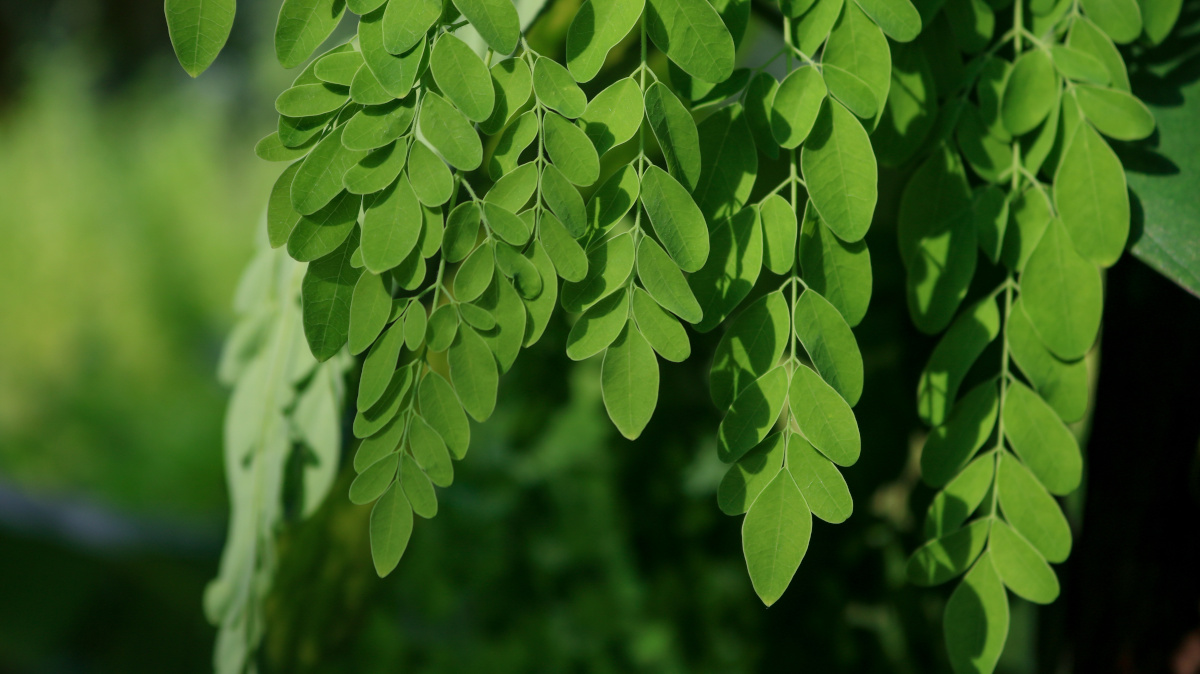Do pumpkin seeds help reduce cholesterol levels?
Pumpkin seeds are credited with many health benefits including reducing cholesterol levels. Is this actually the case?

What are pumpkin seeds?
Pumpkin seeds are small, highly-nutritious edible seeds obtained from pumpkins.
They are eaten roasted, chopped, ground, or ‘as they come’, as an appetizer, a snack, or in salads, soups or mixed dried fruit.
They are nutritionally significant because they have a high content of minerals and trace-elements (magnesium, zinc and iron), fibre, protein (30g per 100g), vitamins A and E, and unsaturated fatty acids.
Do pumpkin seeds have specific benefits in terms of reducing cholesterol levels?
Pumpkin seeds are associated with health benefits, including their potential for lowering levels of ‘bad’ cholesterol (1).
As a reminder, ‘bad’ or LDL cholesterol is a risk factor for cardiovascular disease because it can build up on artery walls and form atheromatous plaques which impair blood flow and increase the risk of heart problems and stroke.
Let’s take a look at pumpkin seeds’ 5 mechanisms of action on cholesterol:
Pumpkins seeds are high in fibre
Generally speaking, dietary fibre helps to reduce levels of LDL cholesterol.
To facilitate the digestion of fats, the gallbladder produces bile acids from blood cholesterol.
These cholesterol-laden acids are released into the gut during digestion, but are neutralised by dietary fibre which ‘traps’ them and prevents them from being reabsorbed by the body.
Instead, they end up being excreted in stools along with the fibre. The gallbladder is therefore forced to make new bile acids by drawing on blood cholesterol and thus the level of LDL-cholesterol in the blood is reduced (2).
An excellent source of magnesium
Pumpkin seeds’ high magnesium content (120mg for just 20g, or 30% of the RDA) is another of its weapons for combatting LDL.
Indeed, many studies suggest that magnesium reduces absorption of lipids in the gut, especially cholesterol, at mealtimes (3), and that it simultaneously raises levels of ‘good’ HDL cholesterol (4).
Phytosterols similar to human cholesterol
Pumpkin seeds contain phytosterols such as β-sitosterol, campesterol and stigmasterol (around 250mg per 100g).
These plant compounds are structurally similar to human cholesterol.
In the gut, this similarity is enough to reduce cholesterol absorption as the two compounds compete with each other during the formation of the micelles responsible for making them cross the intestinal barrier (5-6).
Pumpkin seeds: beneficial antioxidant properties?
These seeds are rich in antioxidants, such as vitamin E (2.2mg per 100g, or 18% of the RDA) and carotenoids (including lutein and zeaxanthin).
These substances are believed to protect the body against LDL oxidation. When cholesterol-transporters become oxidised, they are no longer recognised by the body and are instead consigned to phagocytosis, a protective process responsible for neutralising unwanted particles. They then form a deposit, which over time accumulates into plaques (this is termed ‘atherosclerosis’) which can end up blocking the arteries.
The antioxidant compounds in pumpkin seeds are thought to curb this process.
Unsaturated fatty acids and transport of LDL cholesterol
The polyunsaturated fatty acids in pumpkin seeds (which represent almost half their total fatty acids) are another ‘string to their bow’ in lowering cardiovascular risk.
These fatty acids, which cannot - unlike saturated ones - be produced by the body, appear to confer greater fluidity to cell membranes, the mechanism of action likely to be behind their potential benefits in respect of LDL (7).
This property may enable more LDL particles to be transported inside cells and thus reduce the amount of LDL cholesterol in the blood.
Combatting ‘bad’ cholesterol: important reminder
To conclude then, pumpkin seeds appear to have significant positive effects in terms of lowering ‘bad’ LDL cholesterol.
They cannot, however, be considered a ‘miracle cure’.
To control your blood cholesterol levels, you need to adopt a holistic approach that includes a balanced diet, a healthy lifestyle, regular exercise and if necessary, appropriate medication.
What’s the best way of consuming these seeds to maximise their effects on LDL cholesterol?
Because they are high in unsaturated fatty acids, shelled pumpkin seeds are very prone to rancidity.
To preserve their beneficial effects, it’s therefore best to keep them refrigerated, and consume them raw or dried, rather than roasted.
Pumpkin seed and other anti-cholesterol supplements
To help boost your intake easily and substantially, there are pumpkin seed oil dietary supplements (such as Pumpkin Seed Oil), which also support urinary health and function.
With regard to cardiovascular health, you could also take a black garlic supplement, known for its LDL-fighting properties (try, for example, Organic ABG10+®), or the patented supplement Sytrinol™, to support the liver, the site of cholesterol control.
SuperSmart ADVICE
References
- El-Mosallamy, A.E.M.K., Sleem, A.A., Abdel-Salam, O.M.E., Shaffie, N., Kenawy, S.A. (2012). Antihyperlipidemic effects of Cucurbita pepo L. in high-fat diet-induced hyperlipidemic rats. Journal of Medicinal Food, 15(5), 495-500.
- Brown, L., Rosner, B., Willett, W.W., Sacks, F.M. (1999). Cholesterol-lowering effects of dietary fiber: a meta-analysis. The American Journal of Clinical Nutrition, 69(1), 30-42.
- Effects of magnesium on postprandial serum lipid responses in healthy human subjects. Kishimoto Y, Tani M, et al. Br J Nutr. 2010 Feb;103(4):469-72. Epub 2009 Nov 27.
- Effects of oral magnesium supplementation on glycaemic control in Type 2 diabetes: a meta-analysis of randomized double-blind controlled trials. Song Y, He K, et al. Diabet Med. 2006 Oct;23(10):1050-6.
- Vergès, Les phytostérols : quels bénéfices ? quels risques ?, Doi : MMM-12-2009-3-6-1957-2557-101019-200908708
- Katan, M.B., Grundy, S.M., Jones, P., Law, M., Miettinen, T., Paoletti, R. (2003). Efficacy and safety of plant stanols and sterols in the management of blood cholesterol levels. Mayo Clinic Proceedings, 78(8), 965-978.
- Kuo P, Weinfeld M, Loscalzo J. Effect of membrane fatty acyl composition on LDL metabolism in Hep G2 hepatocytes. Biochemistry. 1990 Jul 17;29(28):6626-32. doi: 10.1021/bi00480a011. PMID: 2168736.
Keywords
4 Days
great products and prices
great products and prices
Marie
9 Days
Easy to navigate site
Easy to navigate site, had what I was searching for, good price. easy order-check out
James Tucker
16 Days
My skin is clearing up nicely!
Pretty good for my skin so far.
Christian
18 Days
The new packaging is excellent
The new packaging is excellent - finally! No more squashed boxes and torn envelopes.
GORAN
19 Days
Great Product
Great Product
Larry Garrett
23 Days
Quick shipping
Quick shipping; good price. No issues!
Mary McCarty
24 Days
Thr product is very good and is helping…
Thr product is very good and is helping me on my health. Then is always on time
LUGO Luz
27 Days
Buying was fine
Buying was fine. I had problems with the website not recognizing my login info, and had to call to get it fixed. Other than that, everything was good.
David S. Clark
27 Days
Your super maca and super ginseng are…phenomenal
Your super maca and super ginseng are phenomenal supplements that compliment each other when taking them together. Fantastic feeling of well-being and lots of mid day energy without the crash.
Keith Mason
30 Days
I have had amazing results with every…
I have had amazing results with every supplement I've purchased. I am extremely satisfied with this company
kirstin Torres
30 Days
Fine products
Fine products . They are on the leading edge of online supplements. The only issue -so far-is they sometime run out of subscription items.
Jason Argos
33 Days
The ordering process is very user…
The ordering process is very user friendly and the products always come in a timely manner.
CARTER Rhonda
34 Days
The price for Dr
The price for Dr. Pero's AC-11 is reasonable and in line with his views. (my former colleague). Keep it pure.
CAMPBELL Clayton
37 Days
Right on every time.
Right on every time.
Arthur Nicholas
39 Days
They are cheaper than everyone else and…
They are cheaper than everyone else and the shipping was fast. Great company.
Patricia Adams


